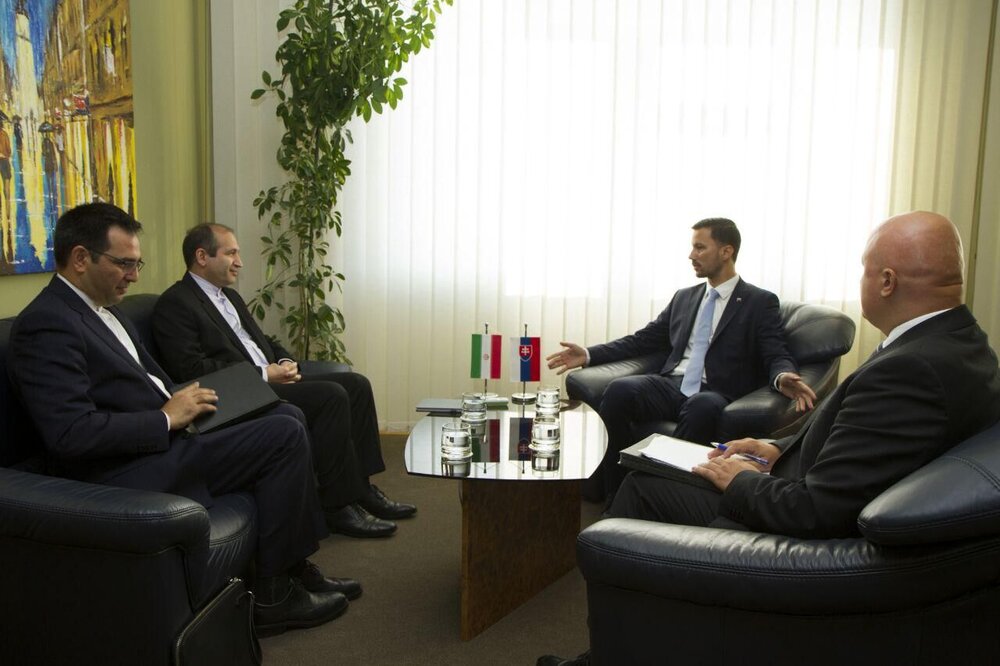Iranian diplomat calls on Europe to act more responsibly on nuclear deal

TEHRAN – Iran’s Ambassador to Austria and Slovakia Ebadollah Mowlayee said on Friday that Europe should act more responsibly in implementing the 2015 nuclear deal, known as the Joint Comprehensive Plan of Action.
During a meeting with Slovakian Deputy Foreign Minister Lukas Parizek, Mowlayee said that the European Union should act more seriously and responsible to preserve the JCPOA.
Parizek said that Slovakia supports preserving the nuclear deal.
U.S. President Donald Trump abandoned the nuclear deal in May 2018 and returned the previous sanctions and imposed new ones.
So far, Iran has taken two steps in reducing its nuclear commitments: increasing its stockpile of enriched uranium beyond the 300 kilograms allowed under the JCPOA and enriching nuclear fuel to the purity level of 4.5 percent as the Europeans missed a 60-day deadline to devise a concrete mechanism to protect the country from the U.S. sanctions.
Under the agreement, Iran was allowed to enrich uranium to 3.67 percent.
President Hassan Rouhani said on August 14 that Tehran will start the next step of reducing nuclear obligations after the second 60-day deadline.
The third step can include installation of more centrifuges, especially advanced ones.
In an interview with the Sueddeutsche Zeitung newspaper published on Tuesday, Iran’s Foreign Minister Mohammad Javad Zarif said the country will begin suspending more of its commitments under the nuclear deal between on September 6.
In an interview with France 24 aired on August 23, Zarif said that the nuclear deal was prepared based on mutual mistrust and there are mechanisms in it when one party violates the deal.
“The JCPOA is a comprehensive deal on the nuclear issue which was negotiated with open eyes. We knew that we could not trust each other. It was basically actually based on mutual mistrust. So, what we did was we put in place mechanisms that we could use if they violate. If we use those mechanisms, we do not need to leave the agreement we have shown strategic patience. That strategic patience may have been required in order to give Europeans time to implement their part of the deal after the U.S. withdrawal. Unfortunately, Europe was not able over the past 15 months to do that so we took certain measures and those measures as I said are reversible. If Europe begins taking the steps that it is required to take,” he maintained.
NA
